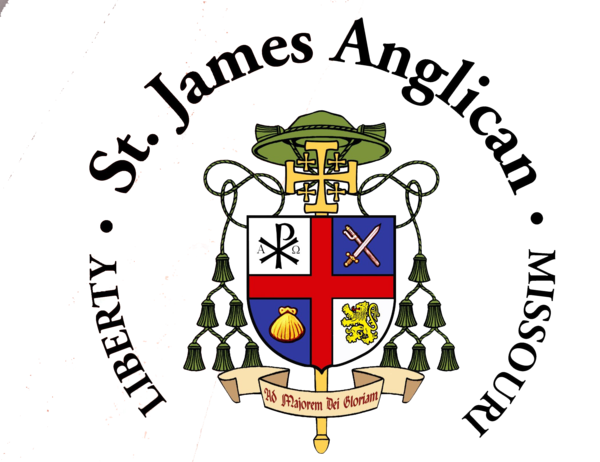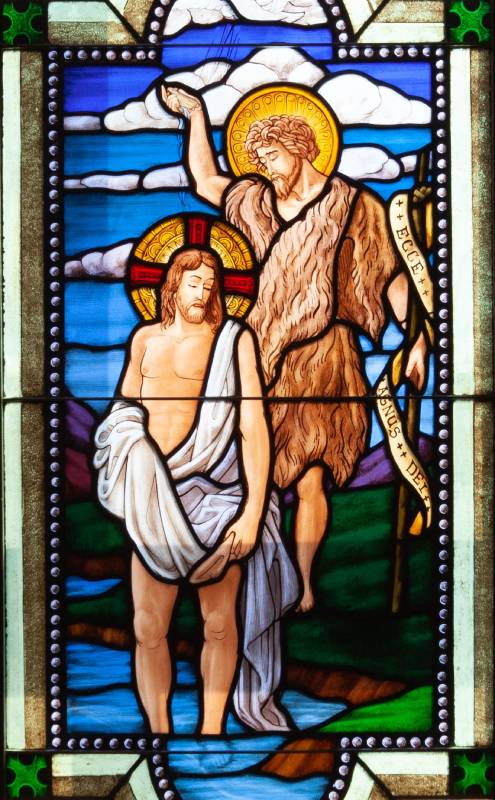These are two words within the English lexicon that are sorely misunderstood by most people. This is due largely in part because of (believe it or not) World War II. It was at this time that the military began to issue what has come to be known as “Dog Tags.” These are the aluminum identification tags worn around the necks of all uniformed men and women of the American armed forces. On these “dog tags” are an individual’s name, branch of service, blood type, etc. Also included is the optional “religious preference.” During World War II there were but two options: Catholic or Protestant. The theory at this time was that if you were not Roman Catholic then you had to be Protestant. The word “Catholic” has its origins in the Greek language, but was adopted early on by the Church in the Latin speaking West. This word simply means “throughout the whole,” i.e., universal- “That which is accepted everywhere and by al” according to St. Vincent of Lerins. The East used the word “Orthodox” to describe themselves, and this simply means, “right thinking,” i.e., traditional. Up until 1054 AD the Catholic West and the Orthodox East were united as One Church (with the exception of a few temporary separations). Naturally, the Catholics and the Orthodox claimed to possess the truth over their disagreement that lead to the split. The Catholics maintained the Papacy, and the Orthodox settled matters of faith in councils attended by the Church’s bishops just as the Church had done prior to the schism. So, back to the original question, is St. James a Catholic or Evangelical Church? It is Catholic in the ancient and undivided understanding of the word. It is true that the Roman Catholic Church has a different understanding of the word “Catholic” today, but it is our firm belief that our use of the word “Catholic” is more accurate and more closely emulates those Christians that were first known as Catholics. We are Evangelical in that we, like all Christian peoples, seek the true Word of God. Thus, we must say that Saint James practices the Catholic Faith in its Anglican expression – Anglo Catholic.

